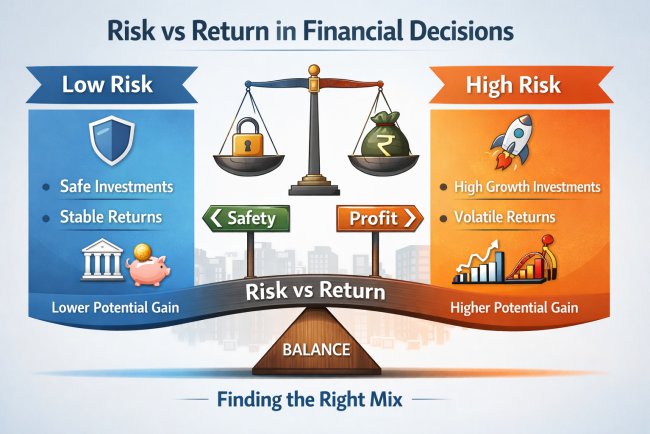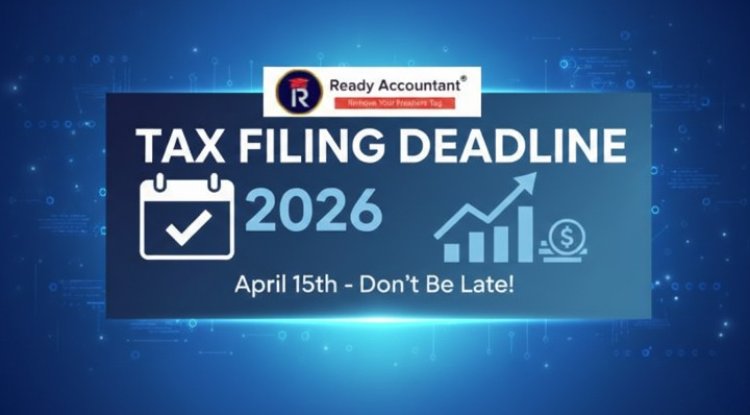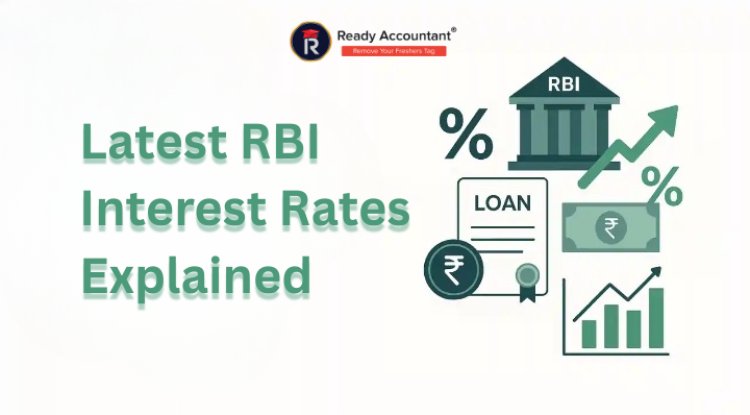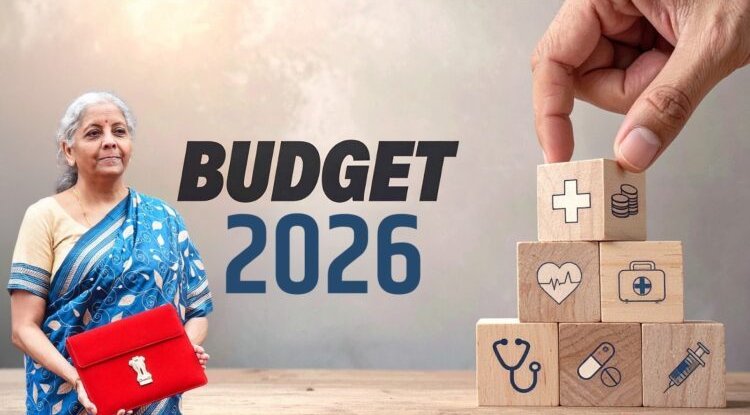New Curriculum Accountancy in BCom India
The revised Bachelor of Commerce (B.Com) curriculum in India for accountancy provides a broad foundation in essential areas like financial and managerial accounting, taxation, auditing, and business law. It aims to enhance students' technical skills and analytical abilities, especially in financial statement analysis. Key subjects include financial and cost accounting, taxation (covering direct and indirect taxes), and auditing, which teaches planning and compliance. Business law, along with topics on government compliance like GST and excise, are core areas. Supplementary subjects in business communication, financial services, IT in accountancy, and economics further prepare students for careers in finance and management.

The updated Bachelor of Commerce (B.Com) curriculum in India for accountancy now provides a comprehensive foundation in essential topics like financial accounting, managerial accounting, taxation, auditing, and business law. This new curriculum is designed not only to equip students with technical skills in accountancy but also to enhance their analytical abilities, especially in the interpretation of financial statements. Graduates are prepared to understand the core financial mechanisms of businesses, which are crucial for careers in finance, accounting, and corporate management.
A major component of the B.Com curriculum is financial accounting. Students are introduced to the foundational principles of financial accounting, covering key areas such as business income measurement, revenue recognition, and depreciation. This module provides a strong grasp of accounting principles and processes, allowing students to record, analyze, and interpret financial data effectively.
Another essential area is cost accounting, where students learn about cost classifications and how to prepare cost sheets. Cost accounting is vital for decision-making within organizations as it helps in identifying the various costs associated with production and operations. By understanding cost behavior and analysis, students gain insights into efficient resource management and cost control techniques.
The subject of taxation is also thoroughly covered, including both direct and indirect taxes. Knowledge of taxation is crucial for accountancy students, as it helps them understand the implications of tax laws on businesses and individuals. The curriculum includes modules on income tax, corporate tax, Goods and Services Tax (GST), and other relevant taxes, preparing students to handle tax planning, compliance, and advisory roles.
Auditing is another significant subject in the curriculum, focusing on the basics of audit planning, methods, and processes. Auditing is critical for ensuring the accuracy of financial records and maintaining trust with stakeholders. Through this module, students learn how to conduct audits, assess financial systems for integrity, and ensure compliance with regulatory standards.
Business law is a core component of the curriculum, providing students with knowledge of the legal aspects of business operations. It covers laws related to contracts, company law, and labor laws, ensuring that students understand the legal framework within which businesses operate. This understanding is essential for roles that require regulatory compliance and risk management.
Additionally, government business and compliance topics are included, such as the collection and management of GST, stamp duty, and excise payments. Understanding these aspects is important for students, as businesses are required to adhere to these statutory obligations.
The curriculum is further enriched with supplementary topics like business communication, innovative financial services, information technology in accountancy, and economics. Business communication skills are essential for effective interactions within corporate settings, while innovative financial services introduce students to the evolving landscape of financial products and services. Information technology in accountancy is increasingly relevant, as accounting is becoming more automated and data-driven. Finally, economics provides the macro and microeconomic context necessary for understanding business environments.
- Financial accounting: Includes the nature of financial accounting principles, measurement of business income, revenue recognition, and depreciation
- Cost accounting: Includes the basic concepts of cost, cost accounting, and how to classify costs and prepare a cost sheet
- Taxation: Includes direct and indirect taxes
- Auditing: Includes introduction and planning
- Business law: A core subject in a B.Com curriculum
- Government bu
In conclusion, the updated B.Com in Accountancy curriculum in India is designed to equip students with a holistic understanding of the accountancy profession, blending technical knowledge with practical skills. This comprehensive approach prepares students for a range of career opportunities in finance, accounting, auditing, and corporate management.
What's Your Reaction?




















